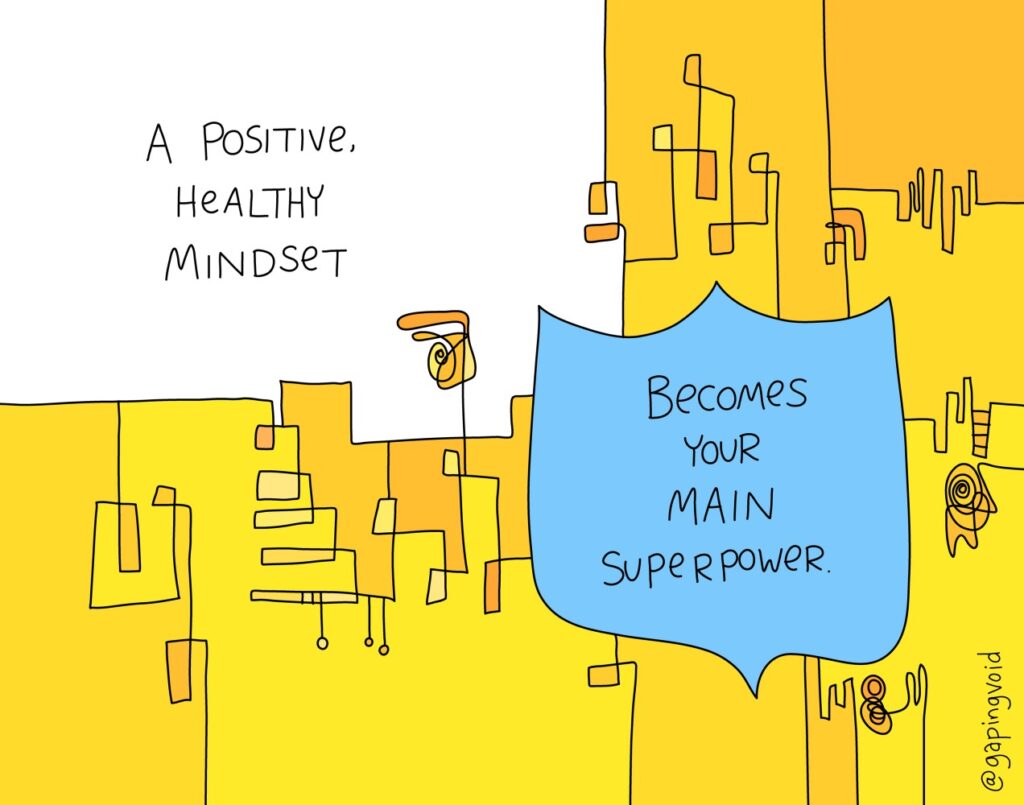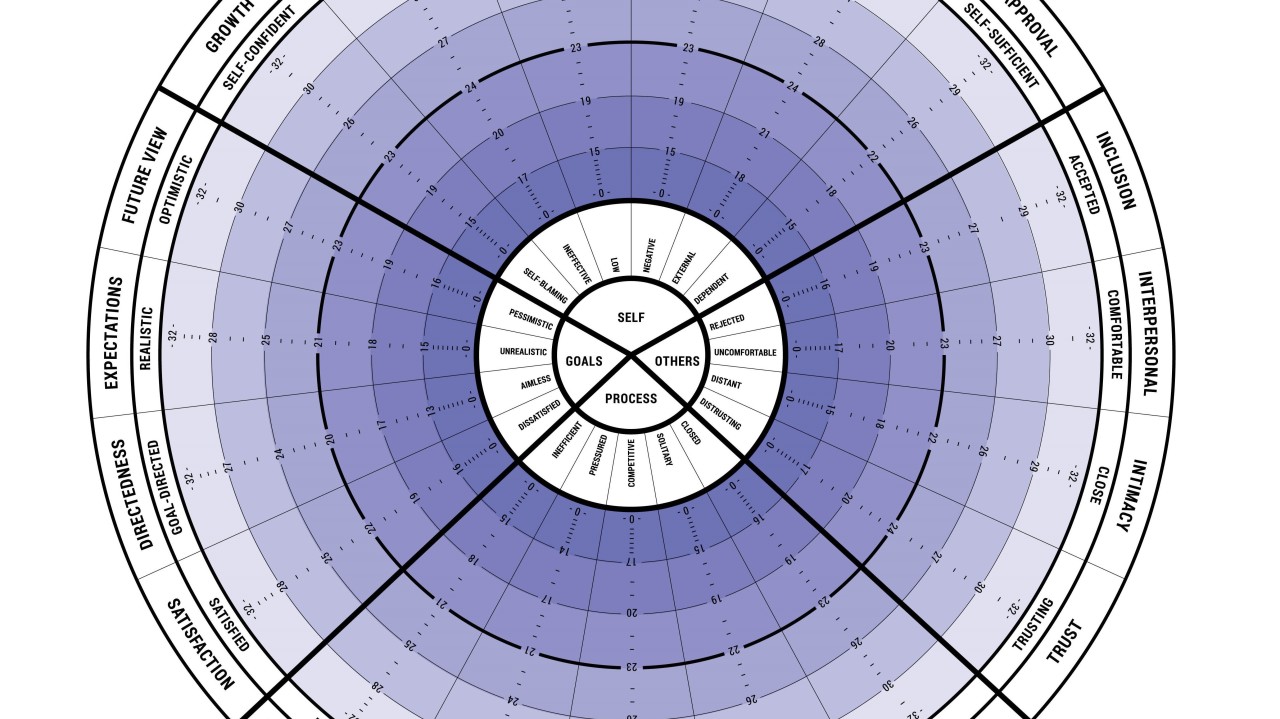Why addressing the root cause of stress starts with understanding your own thinking
“You have power over your mind — not outside events. Realise this, and you will find strength.” – Marcus Aurelius, Roman Emperor & Philosopher
The quote above is the core premise of the Thrive programme. We talk a lot about stress in organisations — workloads, deadlines, restructures, hybrid work tension. But too often, we focus only on the external environment. We treat stress as something done to us, rather than something we participate in. And in doing so, we miss the real opportunity for growth.
The Stress Processing Report (SPR) flips the script. It invites us to look inward — not in a blame-yourself kind of way, but with a mindset of curiosity and empowerment.
Understanding the Physiology of Distress
Stress is a normal, biological response. But when it becomes prolonged and unprocessed, it morphs into distress — a state where we feel overwhelmed, under-resourced, and out of control.
It can be explained by the equation below: When the perceived demands (pD)being made upon us are greater than our perceived resources (pR) for dealing with those demands, we can enter into distress (dS).

When that happens, our brain kicks into survival mode. The primitive brain (amygdala, hypothalamus, pituitary) triggers fight/flight/freeze responses, even when we’re just reading an email or sitting in a team meeting. This activation might have made sense for our caveman ancestors facing Sabre Tooth Tigers, but today, we mostly turn those responses on ourselves — self-criticism, rumination, catastrophising.
“There is nothing either good or bad, but thinking makes it so.” – Hamlet, Act 2, Scene 2 – William Shakespeare
The Thinking Loop: S + T = R
The SPR framework simplifies this with another elegant equation: Stimulus + Thinking = Response We can’t always control the stimulus (the boss, the restructure, the late-night email, what people post on social media). But we can examine and reshape our thinking — the beliefs, assumptions, and mental habits we bring to the situation. And when we do that, we shift the response. We reclaim agency. This isn’t a denial of real-world stressors. It’s a recognition that how we think about them often has more impact than the events themselves.“We suffer more often in imagination than in reality.” – Seneca
From Awareness to Action
The SPR identifies 19 thinking styles across four domains: Self, Others, Process, and Goals. Through a structured debrief, individuals learn:- Which of their thinking patterns protect them — and which ones amplify distress
- Why some responses are on autopilot, and how to shift that
- How to reframe maladaptive thinking to reduce emotional strain and increase effectiveness

So What?
This matters. Because performance is a stressor. So is parenting. And leadership. And doing work that matters.
If we want people to thrive, we have to equip them to understand how they think — not just give them breathing exercises and hope for the best.
Want to Help Others Thrive?
Join us this November in Queenstown at the E3 Summit — a powerful opportunity to become accredited in the SPR and the THRIVE Programme and gain access to a suite of evidence-based tools and interventions that help people help themselves.
Whether you’re a coach, facilitator, internal HR/OD lead, or leadership consultant, you’ll walk away with:
- The SPR diagnostic tool and debrief framework
- An understanding of how to help others address root causes of stress
- Strategies to build adaptive, resilient thinking in individuals and teams
- A licence to use a proven system to lift personal and professional performance
It’s a game-changer. And Queenstown’s not a bad place to do it!
Message Neil or learn more and register here https://www.hsnz.co.nz/e3-summit/
You may also be interested in conducting an in-house programme for your own organisation – please don’t hesitate to reach out to Human Synergistics NZ to learn more.
